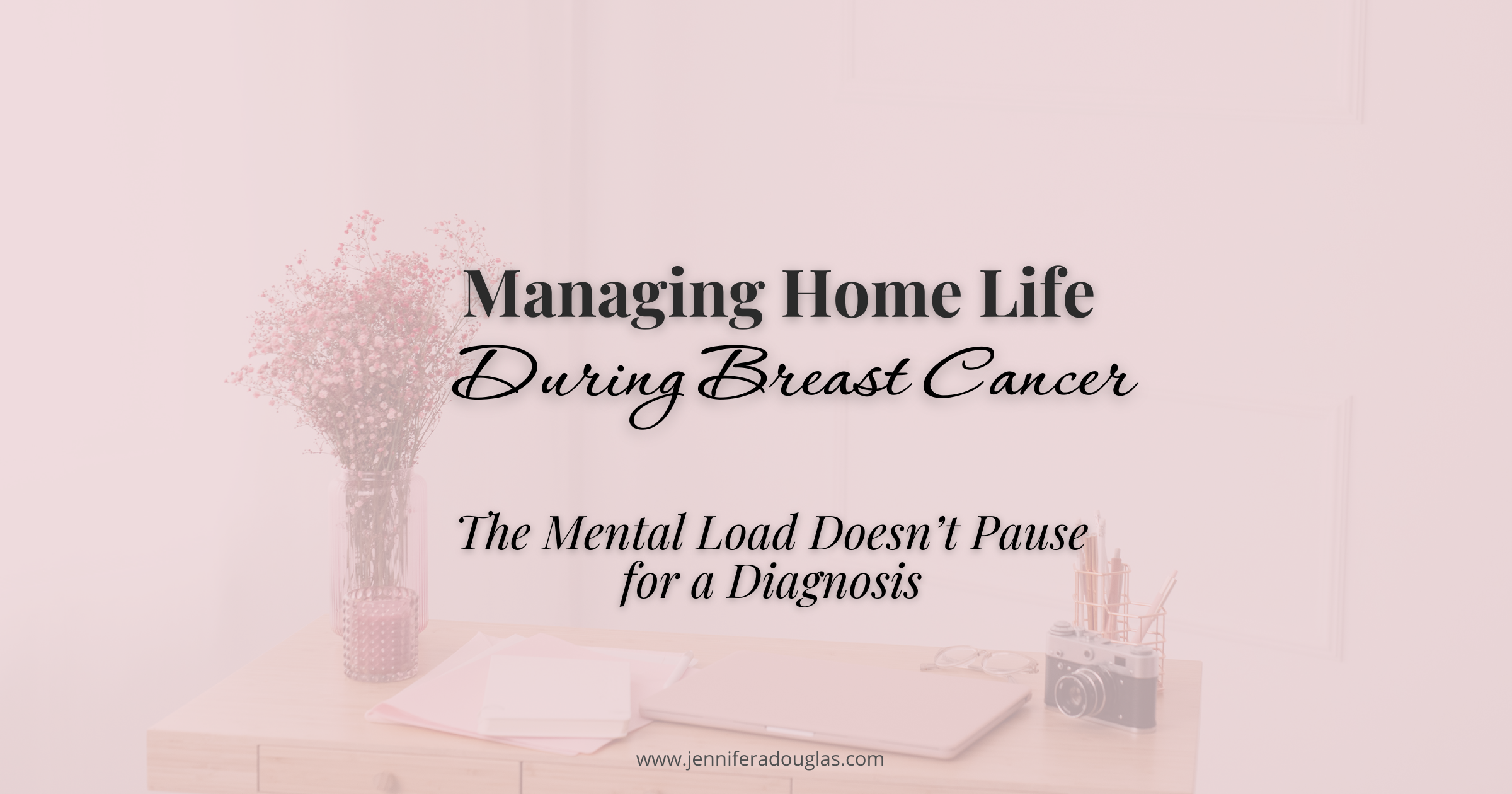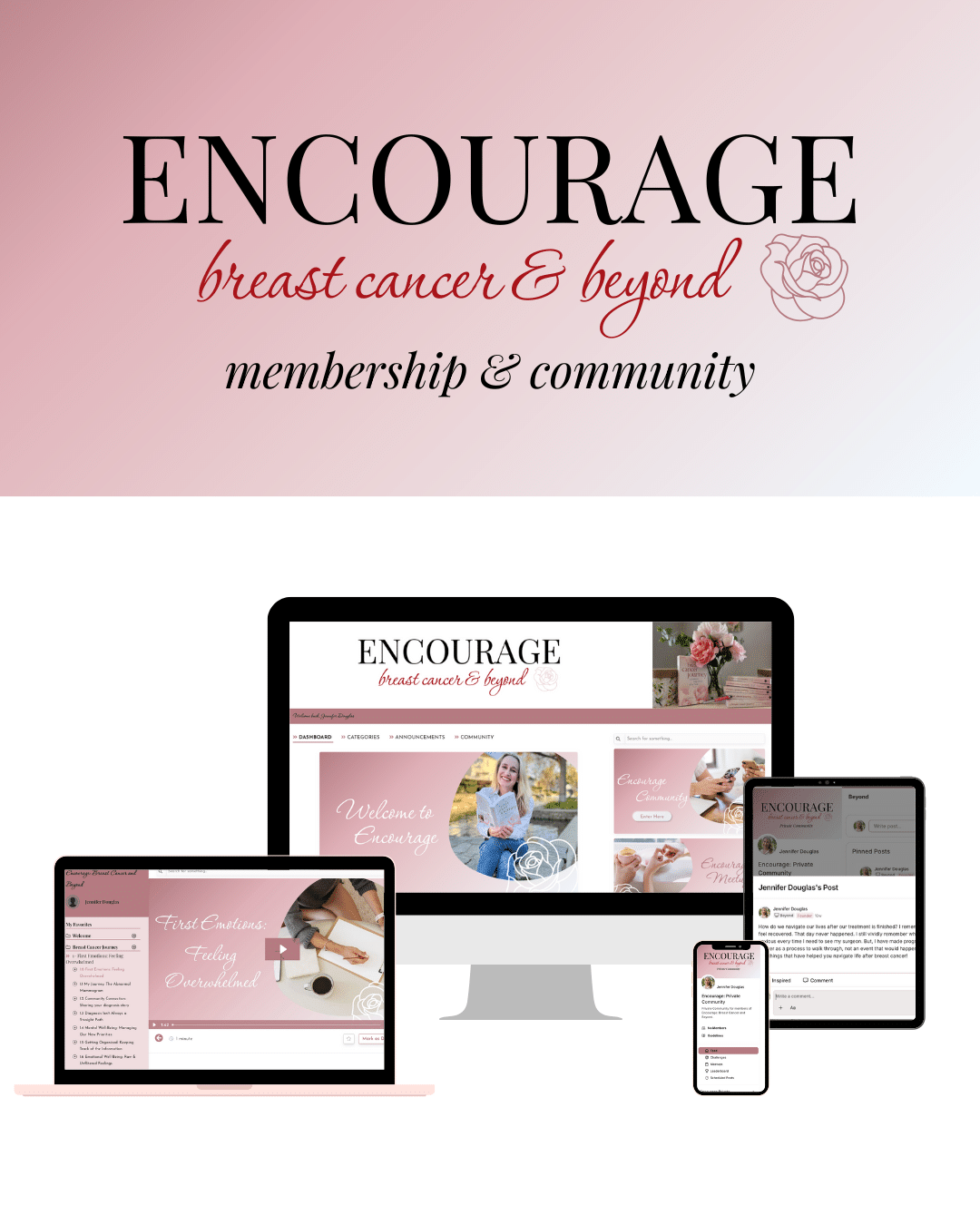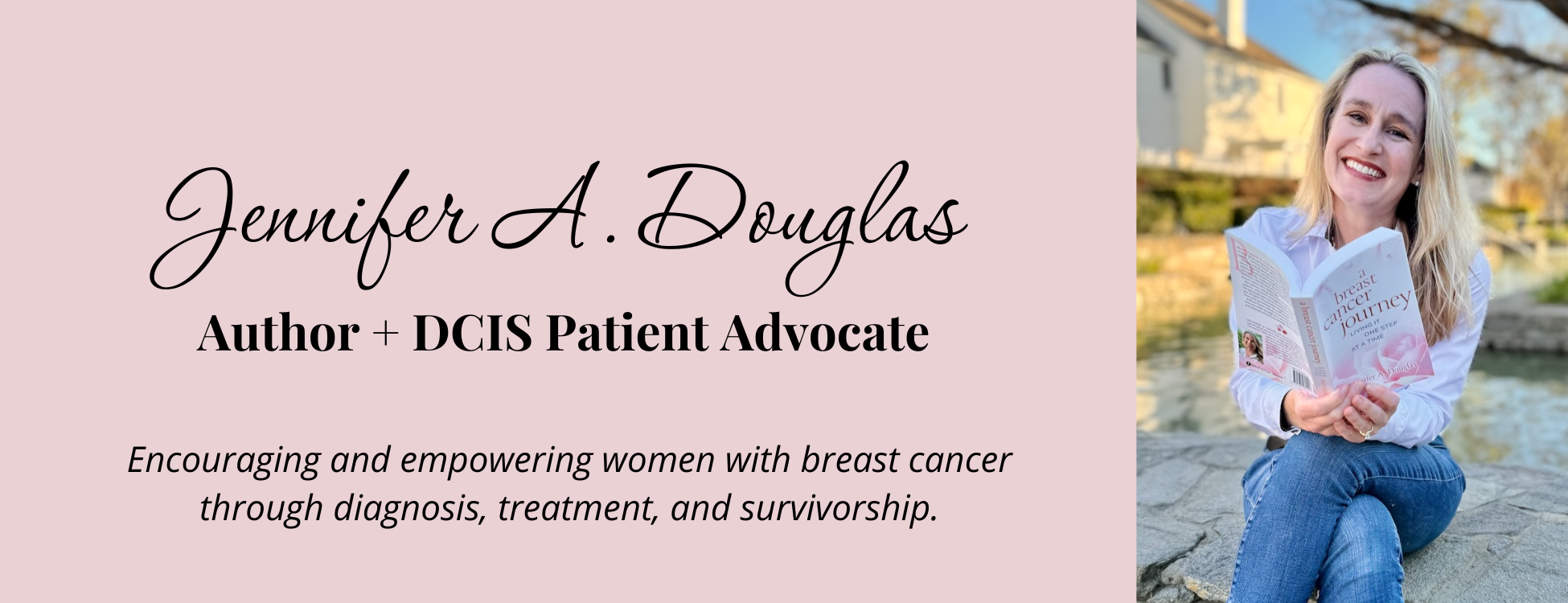
Managing Home Life During Breast Cancer: The Mental Load Doesn’t Pause for a Diagnosis
I was overwhelmed and shocked after my diagnosis. And then the worry began to spin: all the things I wasn’t going to be able to do. Our home still needed to keep running—even though I was facing a health crisis. The laundry still had to be done. We still needed to eat. The dogs needed to be walked. And I certainly wasn’t going to be able to drive them to all of their activities.
My mind was racing—not just with fear for myself, but with concern for what this diagnosis meant for my family. Beyond the day-to-day responsibilities, I felt a deep conviction that my boys needed to keep progressing in their education. I’ve known homeschooling families where everything stalls when the mom gets sick. Sometimes, an entire year of school gets lost simply because there’s too much to manage.
That’s what this felt like. Not only did I need a substitute teacher—I needed a substitute home manager. Because if I was going to heal, I had to stop carrying the mental load of everything and everyone else.
What Is the Mental Load?
The mental load is everything we manage as part of our routine—without even thinking about it. It may look different from one household to the next. Maybe you’re the one who always takes the kids to school, packs lunches, and remembers pickup times. You’ve fully owned that task, and now it’s part of your daily rhythm. You don’t need to write it down or check it off a list—you just know how it gets done.
That’s what makes handing it off so difficult.
These routines often live only in our heads, and even when someone wants to help, they can’t always see what you need.
And let’s be honest: it takes real effort to get those systems out of your brain and into a format someone else can use. I remember trying to onboard a new dog sitter, and I got exhausted just listing all the things she needed to know about our beagles, our home, our weekly schedule—and the fact that she had to check the gates after the gardeners came.
It takes energy to think through your daily responsibilities and then train someone else to take over… especially while you’re grappling with a diagnosis.
That’s rough.
Help Was Everywhere—But They Needed Direction
When I was going through DCIS, my boys were teenagers—so they could do a lot for themselves. Dave was more than willing to step in. My mom came into town to help while I was going through all the biopsies. I had friends, neighbors, and our church family offering support from every direction.
But what did I really need help with?
Since I was the one managing the home, the school, and all the kids’ afterschool activities, I realized I needed to get everything out of my head and into something I could actually share with others.
Because while the help was there, they needed direction. I needed to hand off what I had been carrying—and that meant translating invisible routines into something visible.

Want to talk about Home Life and the Mental Load?
Join me inside Encourage: Breast Cancer & Beyond, a private membership community. You can join me on calls where we can talk about how to find ways to adjust our routines and get the help we need.
Membership includes:
- Access to “A Breast Cancer Journey” Online Course
- Private community
- Regular Zoom Support Calls
Offloading Won’t be Perfect, But it Can be Enough
When you’re dealing with a diagnosis, life turns upside down. It’s one thing to think about training a new babysitter when life is normal—but when you’re navigating breast cancer? That level of planning can feel like one more thing you just can’t handle.
So, as you start to think about how to manage your home during treatment, one core truth stands out: it won’t be perfect. It won’t meet your usual standards. And that’s okay.
When I was in treatment, we ate a lot of frozen pizza. That might not sound like a big deal—but for me, it felt like a huge concession. I typically never served frozen meals. I cooked almost every dinner unless Dave was barbecuing or we were eating out.
I wasn’t a fancy chef, but dinner was my job. It’s just how we operated.
And then, suddenly—I couldn’t do it.
So I started making sure we had frozen pizzas stocked and ready. They were our fallback on nights when I had a late appointment, when I was completely exhausted, or when someone else needed to take over.
To this day, we’re all kind of sick of frozen pizza—because we had so many of them during that season.
But you know what? It worked.
It wasn’t perfect, but it was enough.
So, Practically, How Do We Get It Out of Our Heads?
When you’re heading into breast cancer treatment, your priorities shift overnight. Suddenly, your main job is healing and coping with everything that comes with treatment. That means it’s time to get the routines and responsibilities out of your head and into something you can hand off to someone else.
Here’s how to start:
1. Identify what you manage.
Take inventory of the areas you usually handle at home. Think about:
- Groceries and meal planning
- Laundry
- Cleaning
- Yard work
- Caring for children
- Kids’ transportation and after-school activities
- Homework help and lunch packing
- Pet care
- Finances and bill tracking
Write it all down on paper—or drop it into a chat with your AI if that’s your style. You can even ask the AI to prompt you with questions in case you forget something.
2. Eliminate or defer.
Some things don’t need to be done during treatment. For example, I’m usually the one who reconciles our finances each month. Most of our bills are on autopay, but I track spending and match everything up. During treatment? I stopped. I think we went three months without knowing where the money went.
Was it ideal? Nope.
Was it survivable? Yep.
Go through your list and cross off what can wait. Let it go—for now.
3. Lower your standards.
The bathrooms don’t have to be spotless. Your kids will be okay if you can’t volunteer in their classroom. You don’t have to make it to every single baseball game.
Define what “livable” looks like for this season—and give yourself permission to live in that space.
4. Write it down.
If someone were to take over as your “substitute home manager,” what would they need to know? Write a basic list and put it somewhere easy to find.
Inside my kitchen cabinet, I had a checklist for cleaning up after meals. My kids could open the door and see what steps needed to be done. If they missed something, I didn’t have to nag—I just pointed them back to the list.
5. Ditch the mom guilt.
I love my boys. But they weren’t thrilled with the extra responsibilities during my treatment. They didn’t love working under Dave’s direction. And it didn’t matter.
This was a hard season, and we were all doing the best we could.
It’s okay that it wasn’t fun or ideal.
You need time to heal.
To this day, I still have that kitchen checklist and even our coffee recipes taped inside the cabinet. Just recently, I forgot to add water when setting up the morning coffee. Dave went downstairs, noticed something was off, opened the cabinet, checked the list, and fixed it. He came upstairs later and told me how he solved the problem—and we both laughed.
It’s been years since breast cancer, but I’m still benefitting from the offloading I started during that season.
You Don’t Have to Take it All Back After Cancer
After breast cancer, I was so excited to get back to normal.
Unfortunately, my energy wasn’t.
I remember one night, crying while chopping vegetables for dinner—and realizing: this is too much. My body was signaling what my mind hadn’t accepted yet. I couldn’t simply pick everything back up like before.
As you begin to finish active treatment and slowly take back some of the things you used to manage, I encourage you to be mindful and intentional about what you take back on—and what you leave behind.
For years, I had a cute little sign on the kitchen backsplash to let everyone know whether the dishwasher was clean or dirty. I loved it. The only problem? I was the only one who ever looked at it.
One weekend after treatment, Dave and I had a full-blown argument.
About the dishwasher.
I wish I were kidding.
I was so frustrated that dishes kept piling up in the sink when the dishwasher was clearly ready. The sign was cute—but it blended in. He kept forgetting to look at it.
After the fight (and a few deep breaths), Dave came up with a solution: a bright red jar opener that sits in the sink. If the red thing is there, it means the dishwasher is clean—and dishes go in. It’s an unmistakable stop sign. (You can read more about that in this post.)
I don’t load everyone’s dishes anymore. I don’t go out grocery shopping anymore (Instacart is still my best friend). I do things differently now.
And I encourage you to do so too.
Breast cancer forces us to pause, to heal, and to reexamine what truly matters.
You don’t have to take it all back.
You get to choose what comes with you.
The mental load doesn’t disappear when you’re diagnosed with breast cancer—but it can be shared, restructured, and even reduced. Whether it’s frozen pizza for dinner, a checklist inside a cabinet, or a red jar opener in the sink, these small shifts matter. They make space for healing. They let others step in. And they remind us that life doesn’t have to look the same to still be meaningful. As you navigate treatment and recovery, may you give yourself permission to offload what you can—and rebuild your routines in a way that supports the version of you who is healing, growing, and moving forward.
Helpful Resources for Offloading Your Home Life
Below are a few resources I’ve read and recommend as you think about ways to offload your home life during and after breast cancer. These are affiliate links, so if you choose to purchase through them, you’ll be supporting the blog—thank you!
A Better Share by Morgan Cutlip
This beautifully written book explores the emotional and practical work of caregiving, especially the invisible labor women often carry. It’s a powerful read for anyone navigating the tension between love, responsibility, and personal limits. Buy on Amazon.
Fair Play by Eve Rodsky
Fair Play offers a practical system for dividing household tasks in a way that feels fair and sustainable. It’s especially helpful when you’re ready to hand off more responsibilities—or renegotiate them after treatment. Buy on Amazon.
Sink Reflections by Marla Cilley
This gentle guide to home routines from the FlyLady system helps you create structure and calm, even in chaotic seasons. Perfect for when you want to reintroduce order in small, manageable ways without burning out. Buy on Amazon.
Jennifer Douglas
Jennifer Douglas is an author, patient advocate, and DCIS breast cancer survivor. After navigating her own breast cancer journey in 2019, she began writing and encouraging others who were newly diagnosed. Her resources include her book, "A Breast Cancer Journey: Living It One Step at a Time," and her online support course, "Encourage: Breast Cancer and Beyond." Jennifer also actively supports patients through her online presence and direct involvement in communities and support groups, offering guidance and encouragement every step of the way.

You May Also Like

Breast Biopsy: Preparation and Recovery
October 27, 2020
What I Took Home From NCoBC 2024
May 17, 2024
